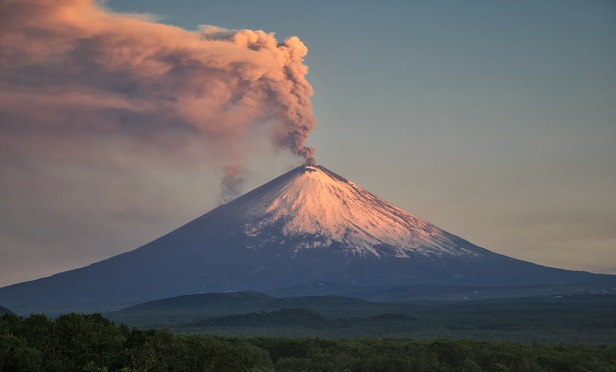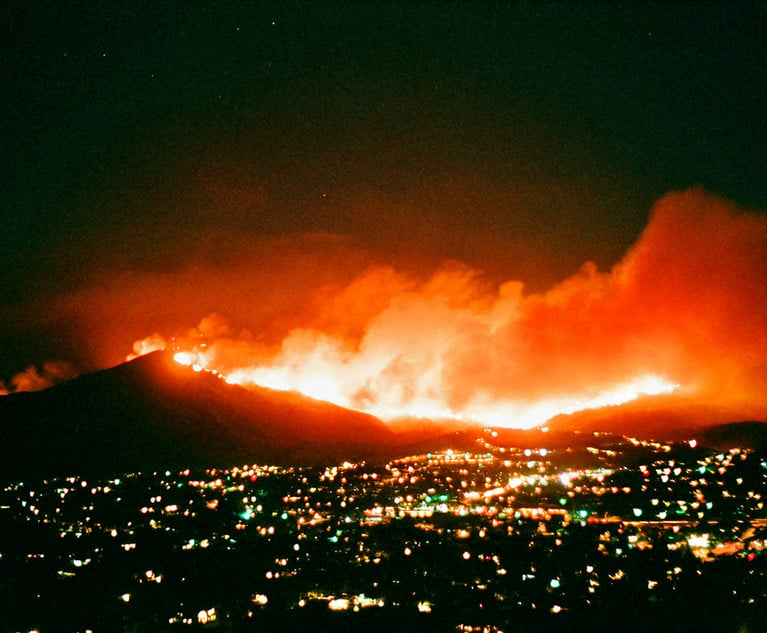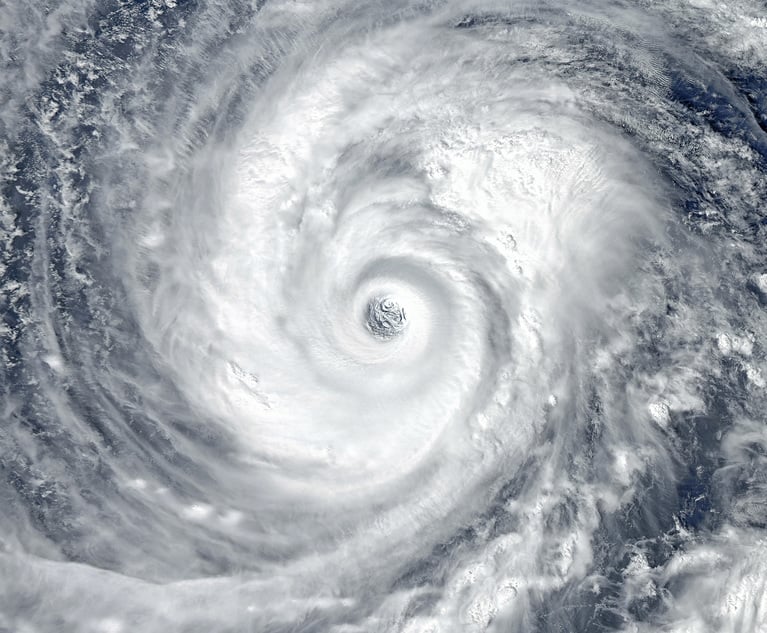
Question: I see that the HO-3 appears tocover volcanic eruption, but not land tremors or earthquakesassociated with the eruption. Is the coverage limited to clean upof ash for both personal property and structure?
|— Hawaii Subscriber
|Answer: Yes, the exclusion for earthquakeincludes land shock waves before, during or after a volcaniceruption. However, direct loss by fire, explosion or theft thatresults from such earth movement is covered.
|Now, for the ash clean up, that falls under debris removal. The cleanup of ash, dust orparticles from a volcanic eruption is covered only if the ash, dustor particles have caused direct damage to the property or propertycontained in the building. Therefore, if enough ash and particleshave fallen so that the roof collapses, or that there is otherdirect damage, the removal of that ash is covered. However if ashjust has covered the windows, the removal of the ash is not coveredunless it has damaged the windows. If the insured damages thewindows when removing the ash, that is not covered. The damage inthat case is caused by the insured's poor technique in removal ofthe ash, and not directly caused by the ash itself.
|Related: Volcanoes, hot lava and insuranceclaims
|Lava flow and earthquake exclusion
Question: Under the HO-3 and DP-3, is lavaflow excluded based on the landslide/earth movementexclusion?
|Earth Movement means:
- Earthquake, including land shock waves ortremors before, during or after a volcanic eruption;
- Landslide, mudslide or mudflow;
- Subsidence or sinkhole; or
- Any other earth movement including earth sinking, rising orshifting; caused by or resulting from human or animal forces or anyact of nature unless direct loss by fire or explosion ensues andthen we will pay only for the ensuing loss. This Exclusion A.2.does not apply to loss by theft.
— Hawaii Subscriber
|Answer: Merriam-Webster defines “earth” as “thefragmental material composing part of the surface of the globe;especially: cultivable Soil. soil is defined as firm land: earth;2a: the upper layer of earth that may be dug or plowed and in whichplants grow b: the superficial unconsolidated and usually weatheredpart of the mantle of a planet and especially of the earth; amedium in which something takes hold and develops.”
|“Lava” is “molten rock that issues from a volcano or from afissure in the surface of a planet (as earth) or moon; also: suchrock that has cooled and hardened. Rock is a large mass of stoneforming a cliff, promontory, or peak; 2: a concreted mass of stonymaterial; also: broken pieces of such masses 3: consolidated orunconsolidated solid mineral matter; also: a particular mass ofit.”
|So it really depends on whether or not the lava was fresh, andhad not weathered overtime and rolled down a hill like a regularrock. If it was fresh lava, the earthquake exclusion does notapply. However, if this is in Hawaii, please check the specialprovisions form, which may have made a provision that lava isincluded in that exclusion.
|See also:
|20 homeowners' insurance companies ranked highestfor customer
|The aftermath of wildfires: Insurance coveragequestions answered
Want to continue reading?
Become a Free PropertyCasualty360 Digital Reader
Your access to unlimited PropertyCasualty360 content isn’t changing.
Once you are an ALM digital member, you’ll receive:
- All PropertyCasualty360.com news coverage, best practices, and in-depth analysis.
- Educational webcasts, resources from industry leaders, and informative newsletters.
- Other award-winning websites including BenefitsPRO.com and ThinkAdvisor.com.
Already have an account? Sign In
© 2024 ALM Global, LLC, All Rights Reserved. Request academic re-use from www.copyright.com. All other uses, submit a request to [email protected]. For more information visit Asset & Logo Licensing.








